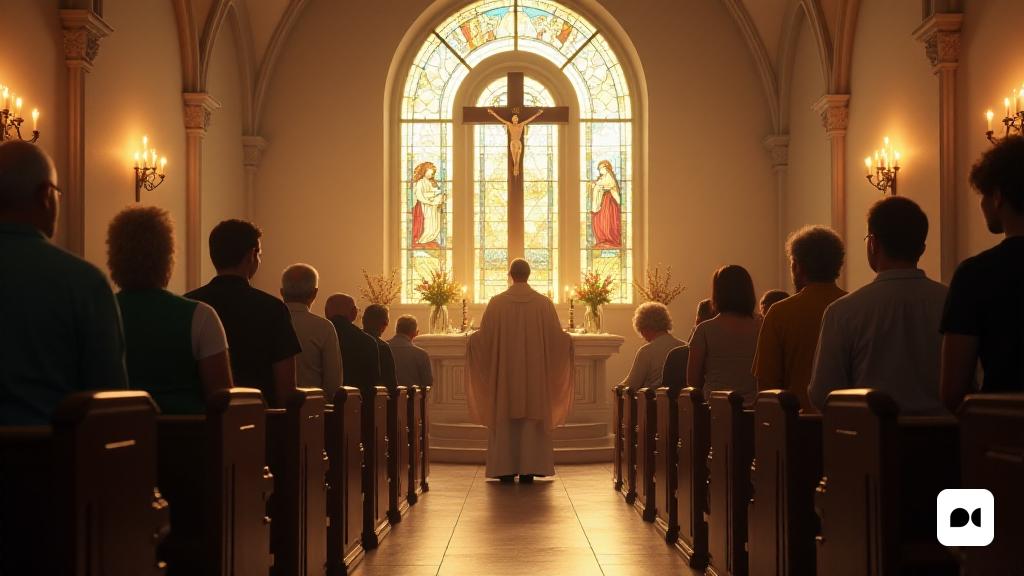Significant changes in liturgical practice
The Dicasteri for the clergy has announced a significant update in the regulations governing the intentions of Mass and the associated offerings. Approved by Pope Francis, this decree will take effect from April 20, coinciding with the celebration of Easter Sunday.
The importance of intentions in ecclesial life
The practice of asking for Masses for living or deceased represents one of the most significant ways of participating in the faithful within the Church. This custom, which is based on deep spiritual motivations, seeks to maintain integrity and respect for offerings, preventing them from becoming a sacred service market.
Union with eucharistic sacrifice
Through the offerings, the faithful express their desire to connect more closely with the sacrifice of the Eucharist, providing a personal sacrifice that also helps to meet the needs of the Church, including supporting the sacred ministers.
Clarifying regles with them offers
The new decree addresses several issues that have arisen in practice, especially in relation to Masses with collective intentions. The priests may accumulate offerings of different faithful in a single Mass, provided there is explicit consent by all bidders.
Consent and transparency
The document emphasizes that without a clear consent, the will of the bidders cannot be supposed. Thus, if there is no explicit approval, it will be assumed that the idea of collective mass has not been accepted.
Recommendations for the Communities
It is recommended that each Christian community offer the option of holding daily Masses with a specific intention, although the priests will be able to continue celebrating Masses with collective intentions, provided that transparency with the offerings is maintained.
Adrational regulations and supervision
The decree reaffirms that the ministers should only ask for authorized offerings, ensuring that the needs are not excluded from spiritual support due to their economic situation.
Destination of the offerings
Each diocesan bishop will have the power to have the offerings for parishes that need it, particularly in regions with missionary needs.
Key records and distinctions
Bishops and rectors must ensure that the intentions and offerings are duly registered, in order to differentiate the specific intentions of intentions of simple memories during the celebrations.
Rules on acceptance of offerings
It is considered seriously illicit to accept offerings without the necessary clarity on intentions, and disciplinary measures are being provided for those who do not respect these rules.
Looking to the future
For a decade, the Dicasteri for the clergy agrees to review these new regulations to evaluate their effectiveness and apply possible updates that meet the needs of the contemporary Church.

